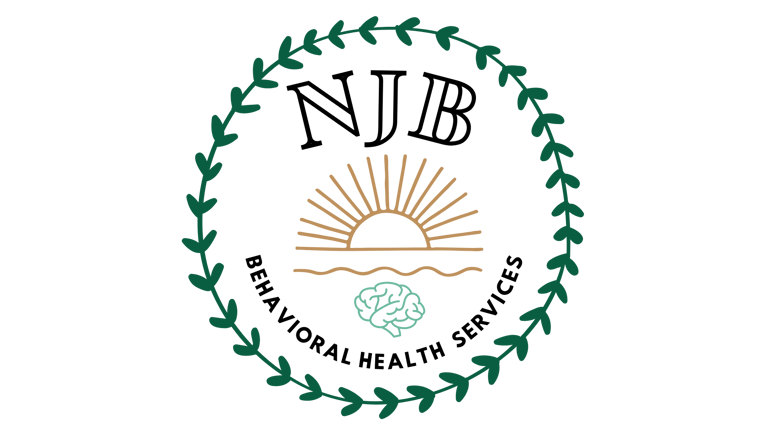Bipolar disorder, also known as manic-depressive illness, is a mental health condition characterized by extreme mood swings. These mood swings can range from severe highs (mania) to lows (depression) and can affect a person's energy levels, emotions, and ability to function in daily life. It is estimated that approximately 2.8% of the U.S. population will experience bipolar disorder at some point in their lives.
One of the key features of bipolar disorder is the presence of manic episodes. During a manic episode, a person may feel extremely happy, energetic, and euphoric. They may engage in risky behaviors, have racing thoughts, and feel like they can do anything. However, these manic episodes can also be accompanied by irritability, aggression, and impulsivity.
On the other end of the spectrum are depressive episodes, which are characterized by feelings of sadness, hopelessness, and worthlessness. A person with bipolar disorder may have trouble sleeping, eating, or concentrating during a depressive episode. They may also have thoughts of suicide or self-harm.
Bipolar disorder is a complex condition with no known cause, but it is believed to be a combination of genetic, biological, and environmental factors. It is often diagnosed in late adolescence or early adulthood, but can occur at any age. Treatment for bipolar disorder typically involves a combination of medication, therapy, and lifestyle changes.
It is important for individuals with bipolar disorder to seek help from mental health professionals and to develop a support system to manage their symptoms. With the right treatment plan in place, individuals with bipolar disorder can lead fulfilling and productive lives. It is crucial for society to break the stigma surrounding mental health conditions like bipolar disorder and provide support and understanding to those affected.
Bipolar Disorder
Treatment
Bipolar Disorder treatment is a complex and challenging process that requires a multidisciplinary approach. The use of medication, therapy, and lifestyle changes are all essential components in managing this mental health condition. It is crucial to seek professional help when dealing with Bipolar Disorder. Medications such as mood stabilizers, antipsychotics, and antidepressants are commonly prescribed to help stabilize moods and reduce symptoms. Additionally, therapy, such as cognitive-behavioral therapy or interpersonal therapy, can help individuals learn coping mechanisms and develop healthy habits. Incorporating healthy lifestyle changes is also important in managing Bipolar Disorder. Regular exercise, adequate sleep, and a balanced diet can all contribute to overall well-being and improve mood stability. Moreover, having a strong support system in place is crucial for individuals with Bipolar Disorder. Family, friends, and support groups can provide emotional support and encouragement during difficult times. In conclusion, Bipolar Disorder treatment requires a comprehensive and holistic approach that addresses the physical, emotional, and psychological aspects of the condition. By utilizing a combination of medication, therapy, lifestyle changes, and social support, individuals can effectively manage their symptoms and lead fulfilling lives.
